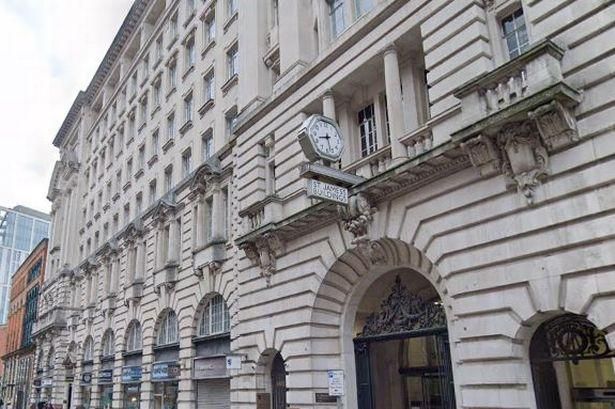After the quick elections, Emmanuel Macron is thinking of making Michel Barnier the next prime minister of France in order to end the impasse.
According to sources who spoke to Politico on Wednesday night, the former head of the EU's Brexit negotiations was present in the Elysée Palace and is one of the candidates for Thursday's appointment.
However, it is not clear he – or any of the other prospective candidates – can survive a no confidence vote in the French parliament, where no party has control.
Mr Barnier drove a hard bargain in Brexit negotiators, infuriating Brexiteers during a time of tense relations with the EU. His appointment is likely to rile pro-Brexit groups in the UK.
Xavier Bertrand, the Conservative former minister, is also seen as a strong contender for the job.
Head of the northern Hauts-de-France region, the moderate Right-winger and ex-minister in Sarkozy and Chirac administrations is a fierce opponent of Marine Le Pen’s National Rally, or RN, which said it would seek a motion of no confidence should he be picked.
Mr Macron also invited Bernard Cazeneuve, the former Socialist prime minister, to the Elysée on Monday to discuss the matter.
Mr Cazeneuve left the Socialist party when it allied with the Leftist France Unbowed, the most powerful party in the New Popular Front alliance, which has fielded its own prime ministerial candidate.
A third potential runner, a little-known technocrat called Thierry Baudet, was mooted early this week but both the opposition Left and Right “tore that proposal to shreds”, according to François Patriat, Macron senatorial leader.
With speculation mounting, an entirely new name entered the fray on Wednesday – David Lisnard, the Right-wing mayor of the southern city of Cannes.
Mr Lisnard is seen as a more palatable figure for the RN, who, after the election, make up the single biggest party in parliament.
However, he told Ouest France that he was not in the running.
Mr Macron is under pressure to break the deadlock ahead of a deadline to submit a draft 2025 government budget for France’s strained government finances before Oct 1.
On Tuesday, Bruno La Maire, the outgoing finance minister, announced that the French deficit was heading to be higher than expected, on 5.6 per cent of GDP this year and to surpass six per cent in 2025.
The protracted political deadlock came after Mr Macron called the polls earlier this summer after Ms Le Pen’s populist Eurosceptic party trounced his ruling party in June European elections.
The legislative elections ended in a hung parliament split into three blocs.
The Left-Green NFP coalition emerged as the biggest political force but with nowhere near enough seats for an overall majority.
Mr Macron’s centrist faction and the RN make up the two other major groups in the National Assembly.

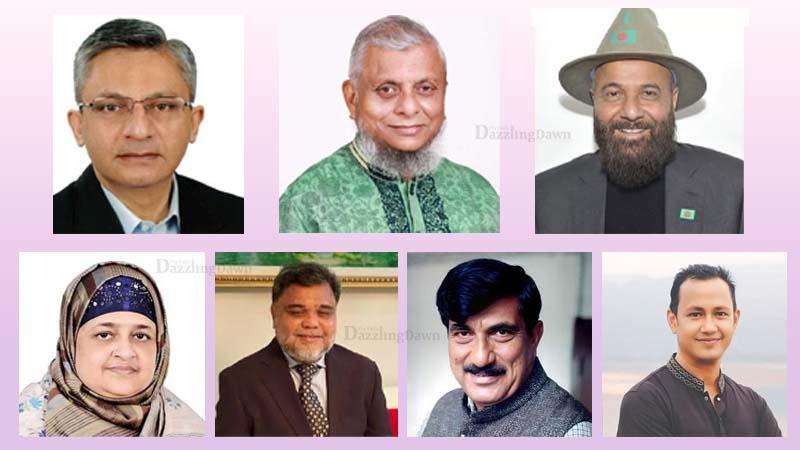
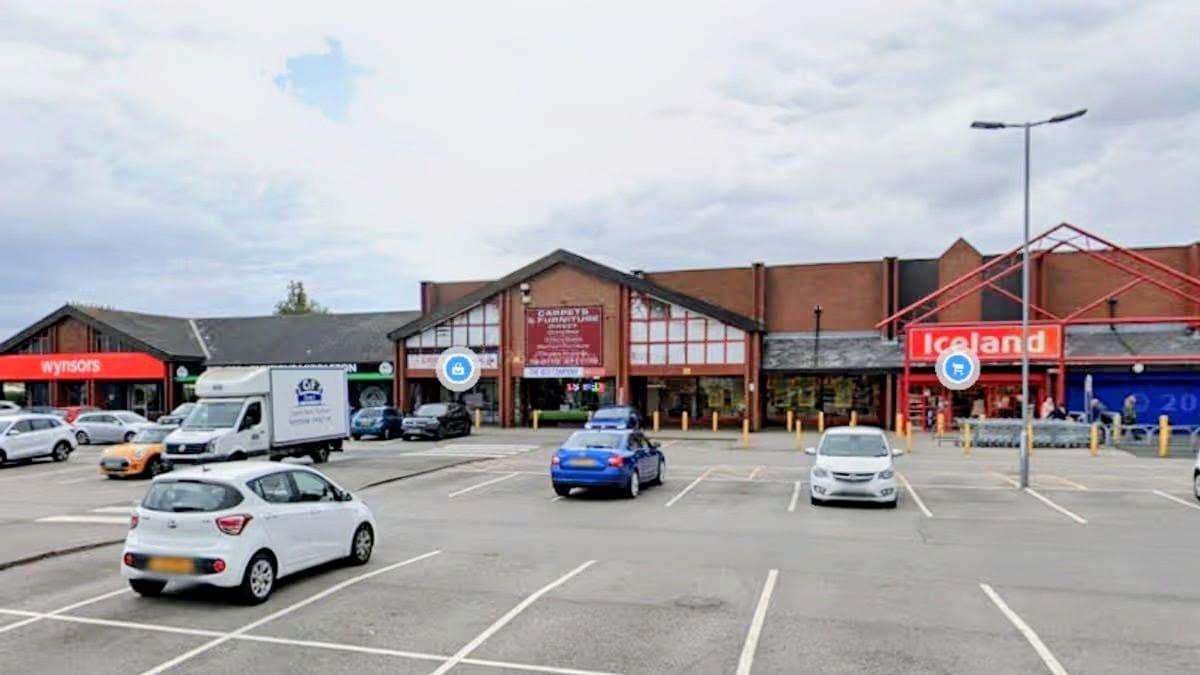
.jpeg)
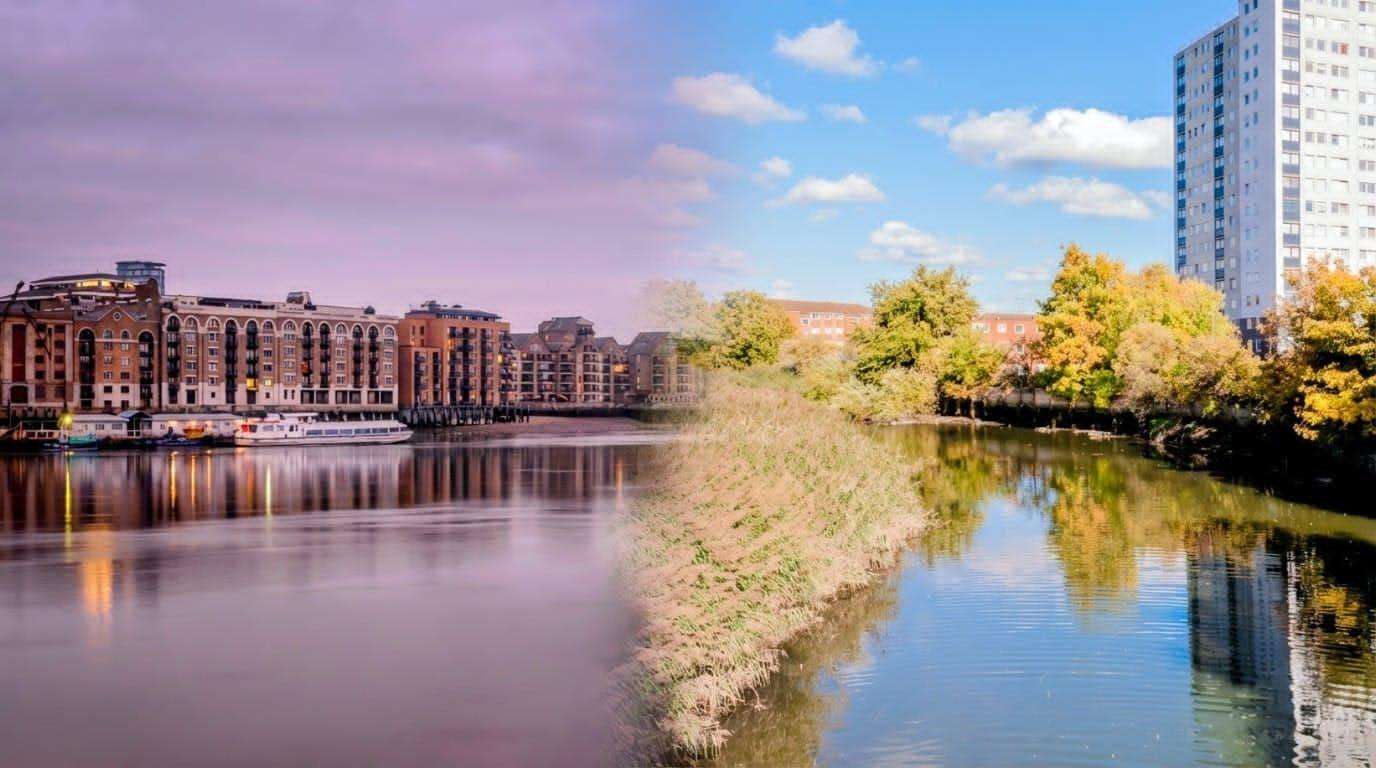


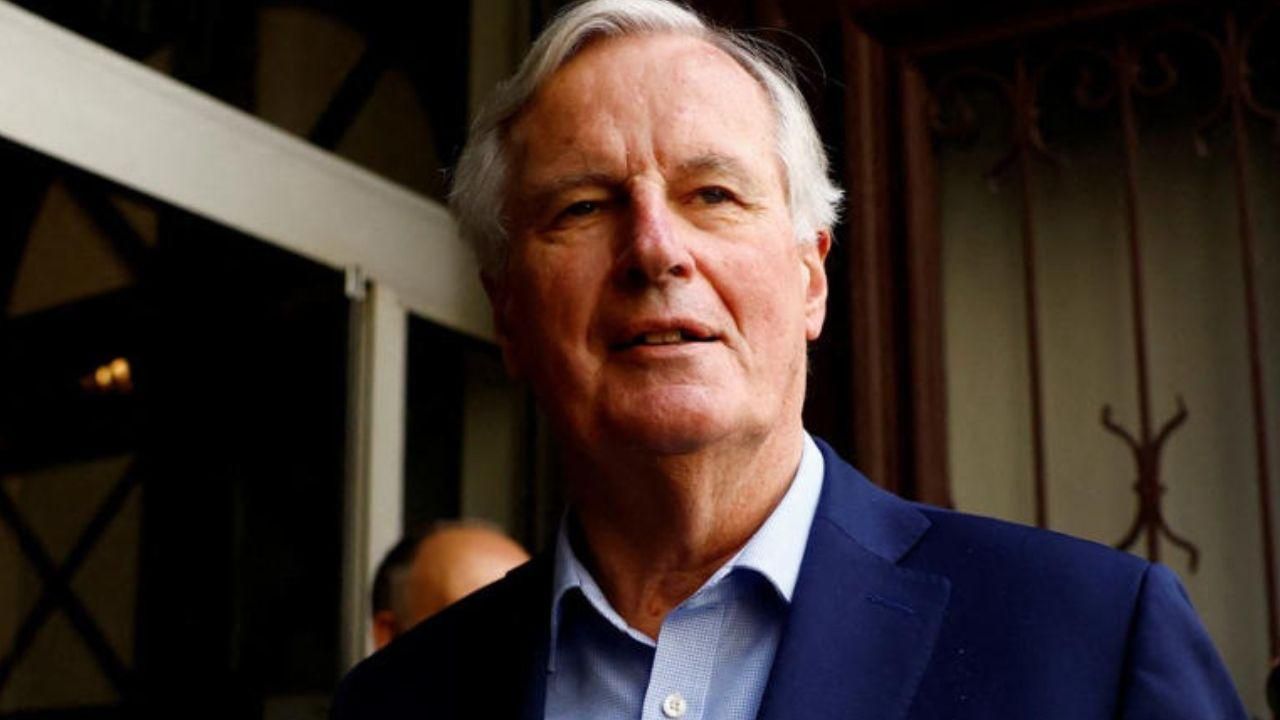
.svg)



